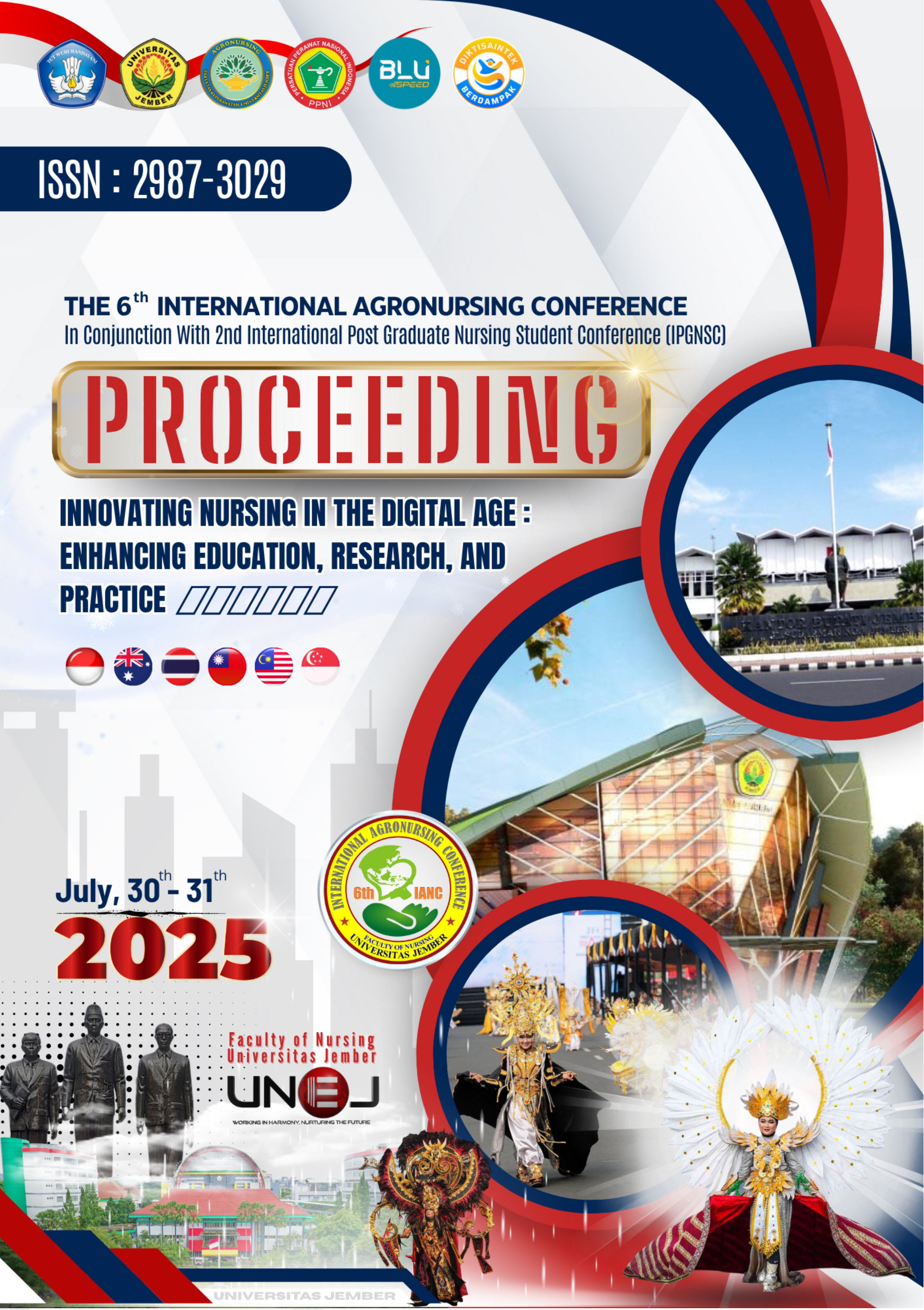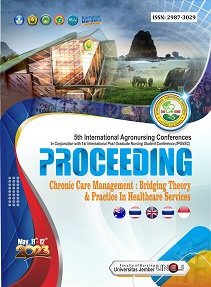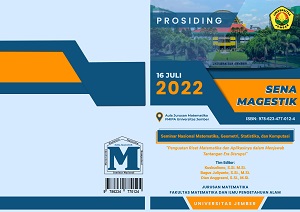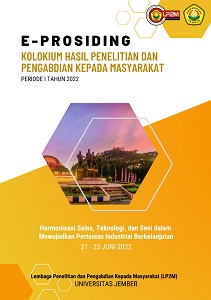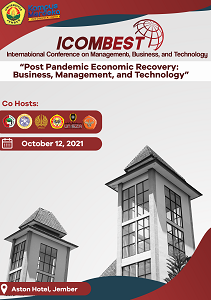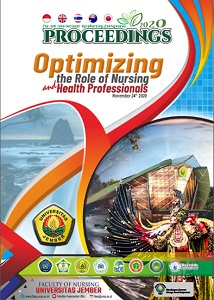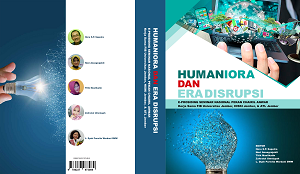ALPHA BRAINWAVE ENTRAINMENT AS A NON-PHARMACOLOGICAL APPROACH TO REDUCE ANXIETY AND ENHANCE SLEEP IN AGING POPULATIONS: AN EXPERIMENTAL CONTROLLED TRIAL
Abstract
The relationship between anxiety and sleep quality has long been recognised as an important factor in mental health, particularly in the elderly population. This study aims to evaluate the effectiveness of alpha wave activation intervention in reducing anxiety symptoms and improving sleep quality in older adults. A total of 30 participants were divided into two groups: control (n=15) and treatment (n=15). Anxiety levels were measured using the Hamilton Anxiety Rating Scale (HARS), while sleep quality was assessed using the Pittsburgh Sleep Quality Index (PSQI) before and after the intervention. The treatment group received alpha wave activation neurofeedback training for 4 weeks, while the control group did not receive any specific intervention. Results showed that the treatment group experienced a significant decrease in average HARS scores by 6.6 points (p < 0.001) and a decrease in PSQI scores by 10.9 points (p < 0.001). In contrast, the control group did not show significant changes in either variable. These findings suggest that alpha wave activation may serve as an effective non-pharmacological strategy for managing anxiety and sleep disorders in the elderly population. This intervention warrants further development as an alternative or adjunct to conventional psychological therapies such as Cognitive Behavioral Therapy (CBT).

